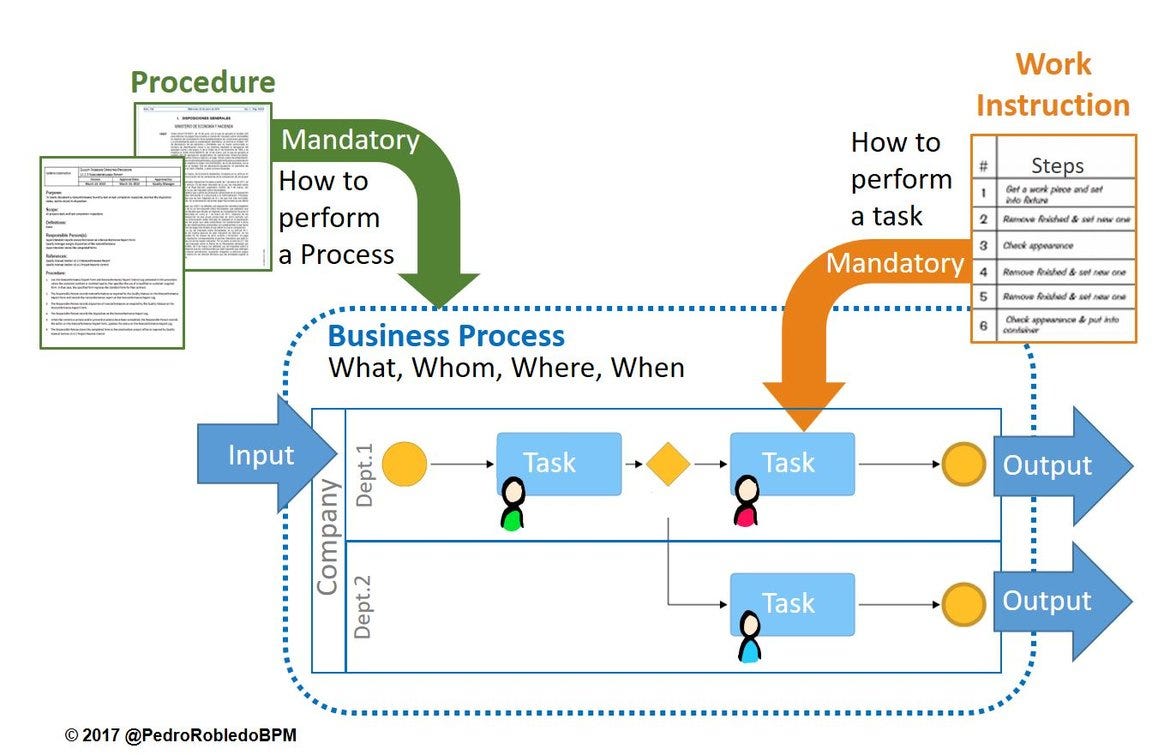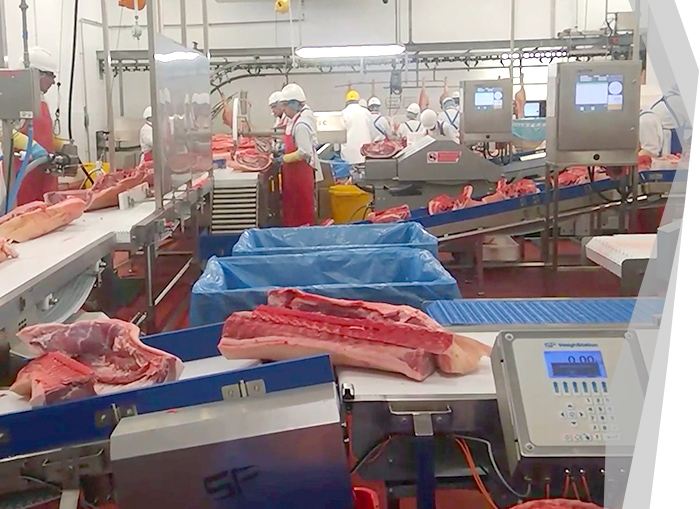Petroleum Process Units & Products are described in this video.Process units illustrated are:CDU, VDU, NHT, ARU, FCCU, DHDT, DCU,PRU. Crude Unit Corrosion Guide - A Manual for Plant Operators, Process Engineers, Metallurgists, Maintenance Engineers, Inspectors, and Equipment Specialists (3rd Edition) Details This Guide was written for Plant Operators, Process Engineers, Metallurgists, Maintenance Engineers, Inspectors, and all others who deal with crude unit corrosion. Publication: MAN2002G Schenck Process 1 GENERAL INTRODUCTION Congratulations on your selection of a Blower Package. As the owner/operator of this unit you have an important responsibility to see that it is operated and maintained in a safe manner. The unit will require very little attention to keep it in good operating condition.
What is a Great Process Operator?

To be a great Process Operator means that person is a subject matter expert in their units, they have a better than average understanding of process in general, they are dependable, they react instinctively, and have excellent trouble shooting skills. I will go more in depth on each of those attributes below.
Process Operator Dhds Unit Manual Transmission
Unit subject matter expert- In todays industry a Process Operator has to operate multiple units. In my roles, it has been between 4 to 6 depending on complexity. Some of those units might be identical, but they all won’t be. All of that real estate contains a lot of equipment such as pumps, control valves, compressors, flow meters, furnaces, refrigeration units, and specialty skids, just to name a little bit of what they are responsible for. All units have their problem areas, and knowing how to handle them is one of the first thing a new operator will have to master. Some things just take experience and time to see. For instance, during a turnaround you will find isolation valves you didn’t know existed, you will learn your unit better by isolating it, cleaning it, and getting to see inside of it. Some types of units have turnarounds yearly, while others may not be shut down for 10 years or more. All of that to say this, to be a unit subject matter expert, you know the unit flows front and back, you know all pieces of equipment and can accurately describe the process occurring in each one, you know what to do in an emergency, and most importantly you know process in general.
A great Process Operator KNOWS process– What is process? Process is basic chemistry and how a production unit uses it to produce a product. If you increase the pressure of a liquid you increase the boiling point. If a distillation tower sump is getting too hot, the draw should be increased because heavies have condensed in the sump. When preparing a section of piping you cannot clean from the bottom up and expect to get all the liquid out of it. An increase of the process temperature in a pump will lead to cavitation due to the liquid in the pump flashing. A drop in suction pressure on a pump could mean that the suction strainer is plugging. Those were just a few examples of the basic type of conceptual chemistry an operator needs to possess. See, none of this is rocket science. The key to mastering process is to ask a lot of questions about your equipment, whats going on inside of it, and what happens when something starts to go wrong. As you learn, you will develop a mindset where you can look at your equipment and almost see whats going on inside of it. Once you master your unit, you will be able to apply that to other units Not making you an expert there, but allowing you to figure out whats going on much faster than the average Operator.


Dependable– As a Process Operator your unit has needs 24/7/365 as I previously discussed in another post. First, your unit has to be manned. Relieve other Operators ONTIME, or early. As much time as we spend at work we want to get home on time. Don’t call in sick unnecessarily, once again, another Operator will have to cover your shift, and it could likely make them work 18 hours. A great Process Operator is know to be where they are supposed to on time. Answer your radio calls. Don’t be that guy that forgets to turn on his/her radio, always has a dead battery, or doing what they should be and not able to respond to a call.
React instinctively– For a Process Operator to react instinctively they have to know their units, and know process, as we talked about earlier. Another thing is they either have of been there a long time, or have studied their procedures to know what to do when things go wrong. Any Operator can answer a normal call, be a great Process Operator means answering the calls that don’t come often, and being able to handle the situation with success. You can learn from experience, which will likely take you years, or you can study, read your procedures, walk them out, and ask more experienced Process Operator scenarios and pick their brains.
Process Operator Dhds Unit Manual Diagram
Excellent troubleshooting skills– This term gets thrown around quite a bit. What is trouble shooting? Problem solving and using the process of elimination to narrow down the problem. Don’t freak out, eliminate the problem variable by variable. I’m telling you, I’m see many sets of big eyes when something goes wrong. Some people freak out and don’t know how to react, some people can’t stop looking at the big picture. Just pause, every event I’ve ever been involved in did not have to have an immediate reaction. Take a minute, look at the big picture, identify potential causes and start attacking them one by one. Even if its your first day on the job, I promise using a process of elimination in trouble shooting will make you a better operator.
Process Operator Dhds Unit Manual 1
Lastly a great process operator is safe. As all companies like to say, SAFETY is #1. Just as the company says, we all want to go home safe everyday. I have to agree that that is true. I’m sure if you ask anyone that was ever hurt, they would tell you that they did not set out to hurt themselves intentionally. So why do people get hurt? There are two main reasons.
- Carelessness- Pay attention to what you are doing. Always ask yourself, how could I get hurt doing this task? Stop, take a second, and think through what you are doing. Nothing has to be done at that exact instant. Protect yourself, if you are not positive of the conditions with whatever equipment you are working with, get sure before continuing.
- Hurrying- There is no rush. Believe me, it’s true. Think about what you are about to do, and get clarification if needed. Problem solving is using the process of elimination. Is this going to hurt me when I do this, is this valve supposed to be open or closed? Please just step back, and ask yourself if you are confident that you understand what you are about to do.